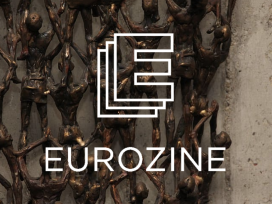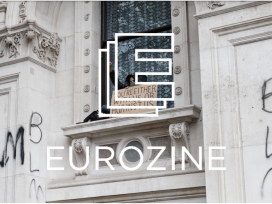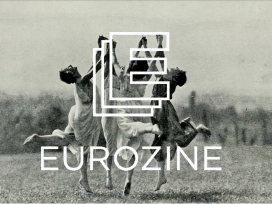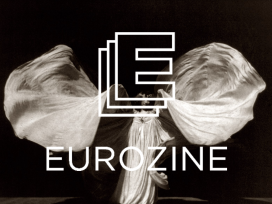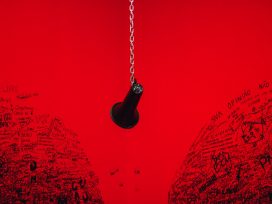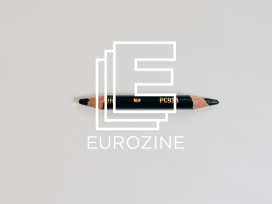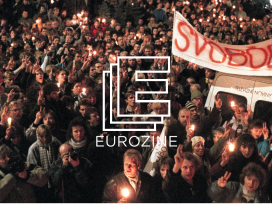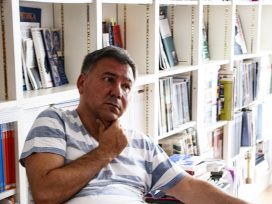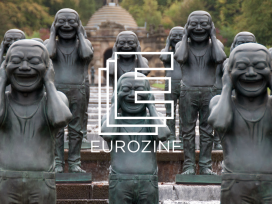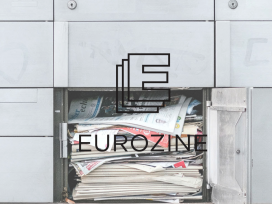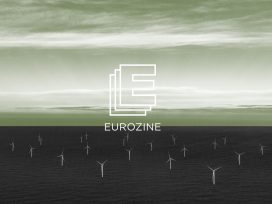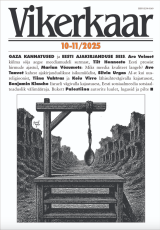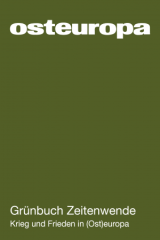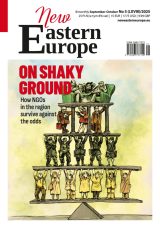served as editor-in-chief of Eurozine from 2018 until 2025. She hosted Eurozine’s talk show, Standard Time, and Gagarin, the Eurozine podcast.
Papp is a Hungarian journalist, author and broadcaster, specialising in environmental, social and human rights issues. She published a book on sex work and prostitution in 2017: Aki kurvának áll: szexmunka sztorik (Once You Enrol As a Whore: Sex Work Stories, Kossuth 2017). Her corresponding article, The Bangkok of Europe was published in Eurozine.
She has anchored the Hungarian-speaking social science infotainment radio programme Professzor Paprika, and the indie political YouTube show Feles.

